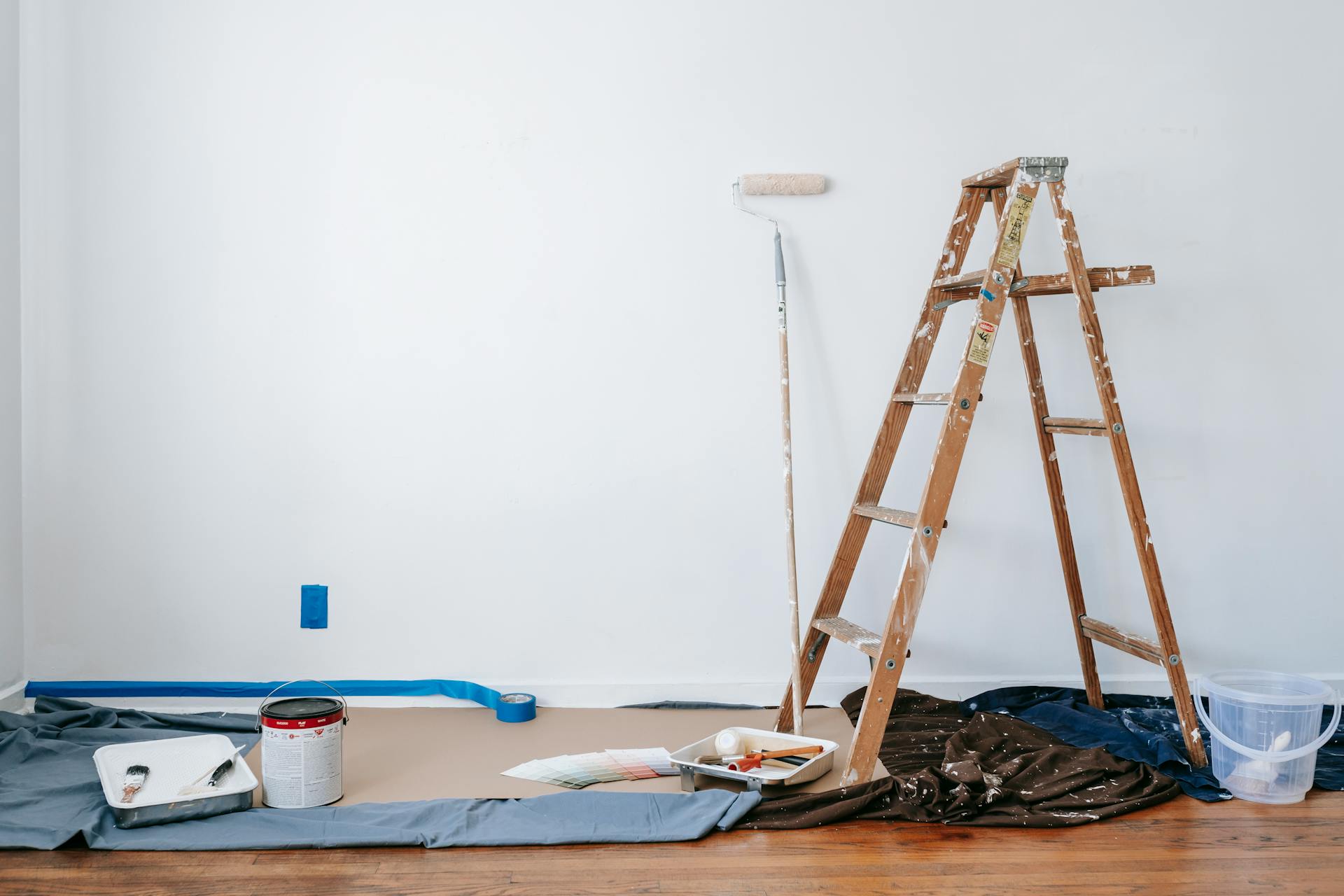Phone:
(727)358-0489
Physical address:
13604 101st Terrace
Seminole, FL 33776

You’ve just completed a home inspection, and now you’re holding a detailed report that outlines every nook, cranny, and potential issue in your property. But with so many items listed, you might be wondering: what fixes are mandatory after a home inspection? As both a seller and a buyer, it’s essential to know which repairs are non-negotiable and which can be left on the back burner. In this post, we’ll dive into the mandatory fixes after a home inspection, helping you navigate the complexities of this critical stage in the home buying and selling process.
A home inspection is an essential part of the real estate transaction process. It’s an objective evaluation of a property’s condition, providing the buyer with a clear picture of what they’re getting into. For sellers, it can be an eye-opener, revealing issues that may not have been evident before listing the home.
But here’s the kicker: A home inspection report is not a to-do list of required repairs. Instead, it’s a tool that helps both parties make informed decisions. The real question is, which of these findings actually require mandatory action?
Before we jump into the specifics, it’s important to clarify the difference between mandatory and negotiable fixes.
Mandatory Fixes: These are repairs that must be addressed to comply with safety standards, lender requirements, or local building codes. Failing to address these issues can prevent the sale from moving forward, especially if they’re flagged by the mortgage lender or violate state or local regulations.
Negotiable Fixes: These are issues that, while potentially important, aren’t required by law or by the lender. These can often become points of negotiation between the buyer and seller, where the buyer might request the seller to make repairs, reduce the sale price, or offer a credit at closing.
Now, let’s dive into the nitty-gritty: the repairs that often fall under the “mandatory” category after a home inspection. Here’s what you need to know:
Safety hazards are at the top of the list when it comes to mandatory repairs. These are issues that pose an immediate risk to the health and safety of the home’s occupants.
Common Safety Hazards:
Why They’re Mandatory: These issues are non-negotiable because they directly affect the safety of the occupants and the habitability of the home. Mortgage lenders are unlikely to approve a loan until these repairs are made, and in some cases, local laws may require these issues to be resolved before a sale can be completed.
Code violations occur when a part of the home does not meet local building standards. These violations can range from minor infractions to significant problems that affect the safety and functionality of the home.
Common Code Violations:
Why They’re Mandatory: Code violations must be addressed because they can affect the legal sale of the property. Lenders may require these issues to be resolved before approving a mortgage, and local authorities may not allow the sale to proceed until the home is brought up to code.
Structural issues go beyond the usual wear and tear and can indicate serious problems with the home’s integrity. These are critical to address because they can lead to significant safety concerns and impact the long-term value of the property.
Common Structural Issues:
Why They’re Mandatory: Lenders are typically unwilling to approve a loan for a home with major structural problems, as these issues can lead to extensive and costly repairs. Additionally, a home with unresolved structural issues may not pass local inspections or meet safety standards, making it ineligible for sale.
Plumbing issues can range from minor annoyances to major problems that affect the entire home. While not all plumbing issues are mandatory to fix, some can’t be ignored.
Common Plumbing Issues:
Why They’re Mandatory: Serious plumbing issues can lead to water damage, mold, and unsanitary conditions, making them a priority for repairs. Lenders may require these issues to be resolved to protect the value of the property and ensure it remains livable.
The heating, ventilation, and air conditioning (HVAC) system is crucial for maintaining a comfortable and safe living environment. Significant issues with the HVAC system are often flagged during a home inspection and may require mandatory repairs.
Common HVAC Issues:
Why They’re Mandatory: An inoperative or inefficient HVAC system can impact the home’s habitability, particularly in areas with extreme temperatures. Lenders may require these issues to be resolved before finalizing the mortgage, especially if they affect the home’s safety and comfort.
While the above categories cover the repairs that are typically mandatory, there are many other issues that may come up during a home inspection. These issues are often negotiable, meaning the buyer and seller can discuss how they should be handled.
Examples of Non-Mandatory Repairs:
Negotiation Tips:
Navigating the post-inspection phase can be challenging, but understanding which repairs are mandatory versus negotiable can make the process smoother. Mandatory fixes typically involve safety hazards, code violations, structural issues, plumbing problems, and HVAC system concerns—all of which can affect the home’s habitability and value.
As a seller, addressing these issues upfront can prevent delays in the sale process and help maintain your home’s market value. As a buyer, knowing which repairs are non-negotiable can empower you to make informed decisions and negotiate effectively.
In the end, the goal is to ensure that the home is safe, livable, and compliant with all necessary standards, allowing both parties to move forward with confidence.